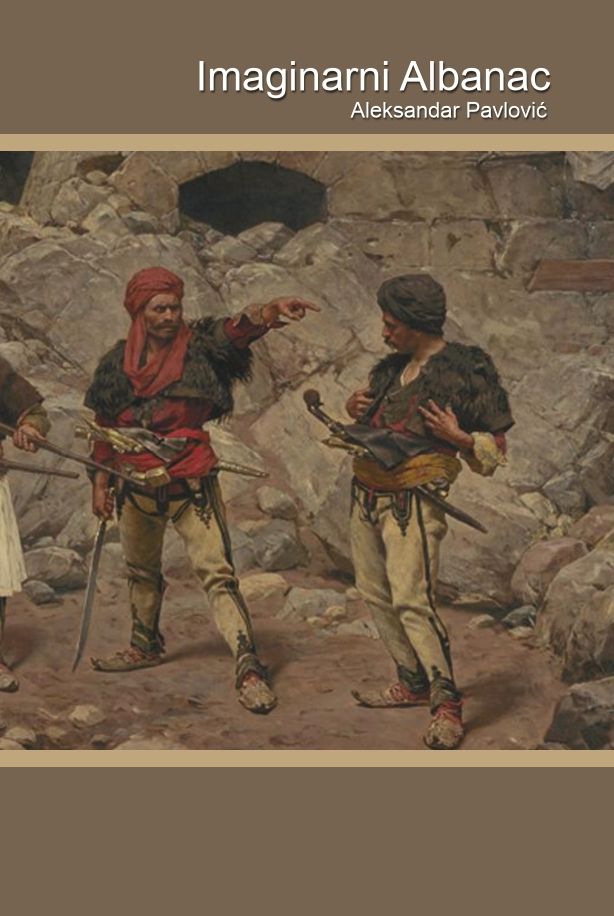
The Imaginary Albanian: The Symbolism of Kosovo and the Figure of the Albanian in Serbian Culture
Author(s)/Editors Aleksandar Pavlović Publisher Institute for Philosophy and Social Theory, University of Belgrade Published 2019 ISBN 978-86-80484-61-7 Pages 130 Edition PrudentiaThe book Imaginary Albanian talks about how Serbs perceived Albanians throughout (relatively recent) history. Basically, the book focuses on the long 19th century, which is the term by which Eric Hobsbawm marked the period from the French Revolution to the end of the First World War. This period, when national-romantic movements flourished in Europe (and, consequently, in the Balkans as well) and nation-states emerged, was taken as crucial in shaping the hostile image of Albanians in Serbian culture. The book shows how in the period from the middle of the 18th to the middle of the 19th century, the Serbian culture was dominated by the idea of Albanians as Christians and brave and rebellious mountaineers, who are similar to Montenegrins and in alliance with them offer resistance to Turks. But, as the interest of the Serbian public from the second half of the 19th century became more and more tied to Kosovo, Serbian authors began to describe Albanians as Muslims and tied them to Turks and therefore saw them as Serbian enemies. In this context, special attention was paid to the Kosovo myth, which is considered key to understanding Serbian notions of Albanians and establishing their hostility. However, contrary to today’s widespread opinion about the centuries-old enmity between Serbs and Albanians, documentary sources from the past, various cultural writings and their reception in Serbian culture indicate that Serbs and Albanians have not seen their relations as problematic for centuries. Therefore, the representation of Albanians in this period – although undoubtedly subjective and with prejudices – is not simple and contains ambivalences and contradictions that testify to the different relations between the two peoples. Therefore, the book emphasizes those inherently positive views that stem from centuries of common traditions and common life in the Balkans, and seeks to identify voices, personalities and perceptions that can change the view of Albanians in Serbian culture, which has long been marked by hostility and radicalism.
